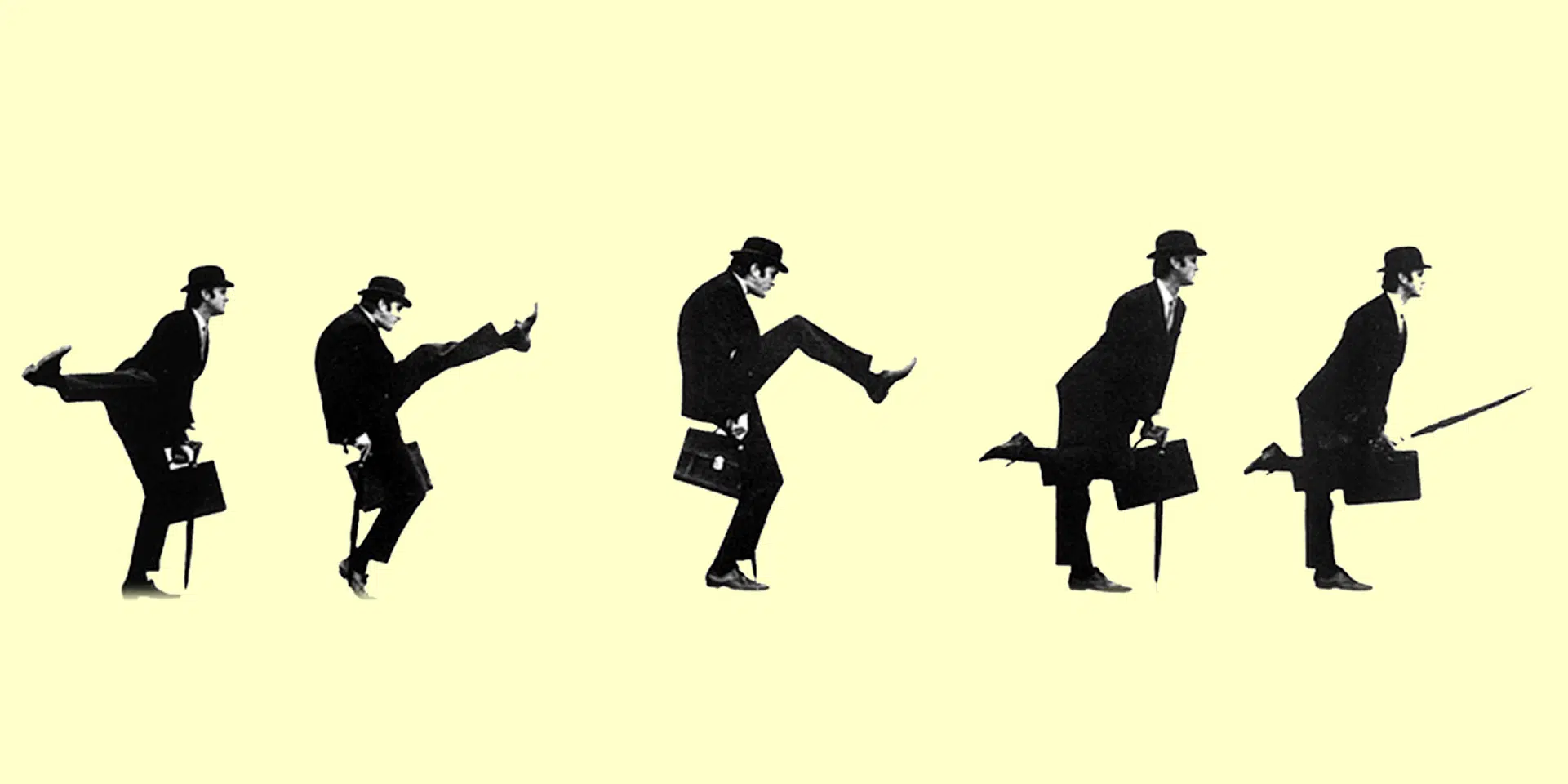
Monty Python predicted social media in the 1970s
NETFLIX recently added a whole host of goodies for Monty Python fans, including live performances and episodes of the original BBC television shows.
Of course, that development meant I had to give Netflix a high priority this week, de-emphasizing other non-essential activities such as sleep and personal hygiene.
As I plowed through the various series, it struck me how accurately Python was, with its hilarious sketches, predicting future human interaction on the all-consuming platforms of social media.


